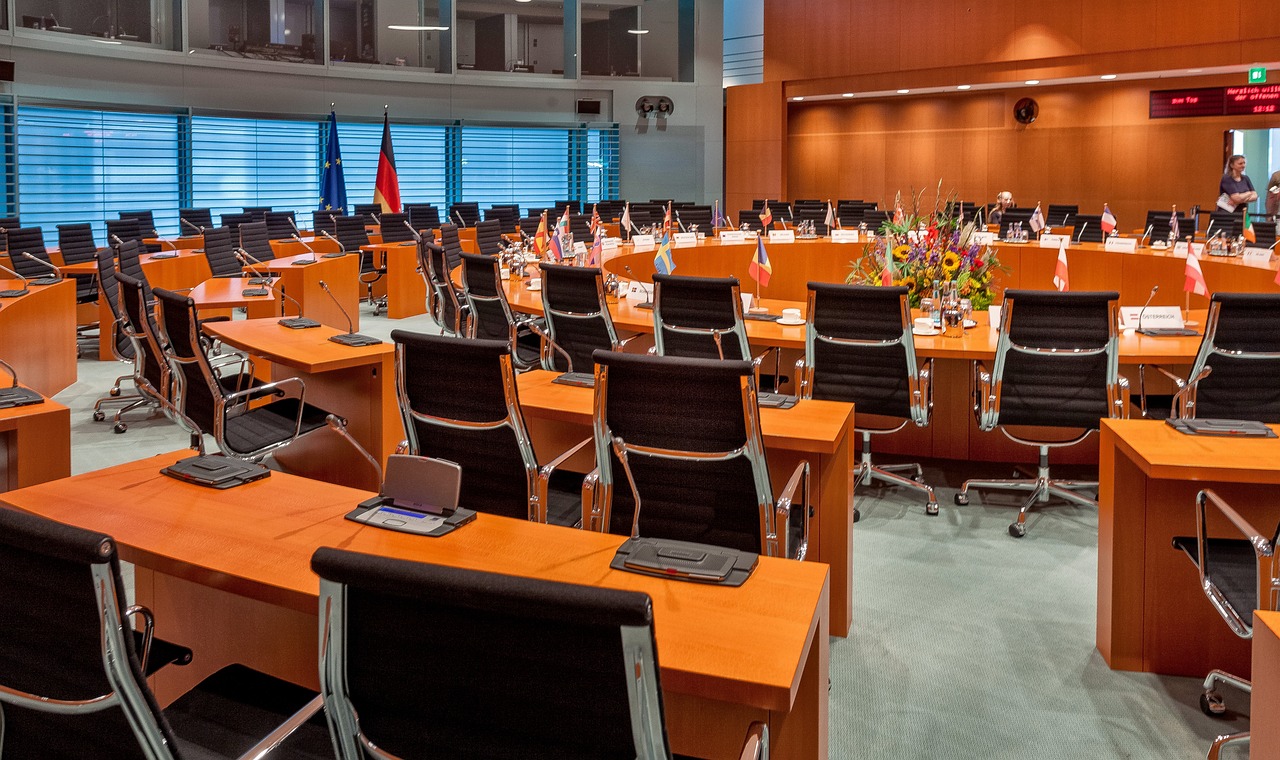Low expectations after the China - Japan - Korea summit
May 28, 2024
Seoul [South Korea], May 28: Korean President Yoon Suk Yeol, Japanese Prime Minister
According to Yonhap, this summit adopted a joint statement on "win-win" cooperation initiatives in 6 areas including economics and trade, sustainable development, public health, and science. and technology, safety and disaster management, and people-to-people exchanges.
Economy was the focus of discussion in the meeting between leaders. Accordingly, the three leaders committed to accelerating negotiations to sign a free trade agreement ( FTA
At the previous bilateral meeting on May 26, Mr. Kishida asked China to lift the ban on importing Japanese seafood, but Mr. Ly expressed concern about waste discharges from the Fukushima Daiichi nuclear power plant.
The joint statement also stated: "We reiterate our stance on peace and stability in the region, denuclearization of the Korean Peninsula and the kidnapping issue. We agree to continue active efforts to resolve political solution to the Korean Peninsula issue". The statement did not directly mention North Korea
Source: Thanh Nien Newspaper








